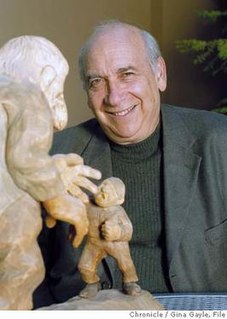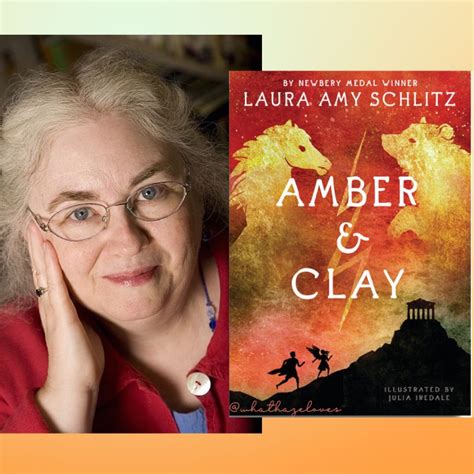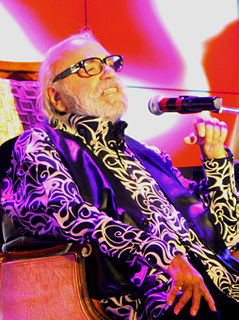A Quote by Alan Dundes
In my introductory course, Anthropology 160, the Forms of Folklore, I try to show the students what the major and minor genres of folklore are, and how they can be analyzed.
Related Quotes
Common sense is not something rigid and stationary, but is in continuous transformation, becoming enriched with scientific notions and philosophical opinions that have entered into common circulation. 'Common sense' is the folklore of philosophy and always stands midway between folklore proper (folklore as it is normally understood) and the philosophy, science, and economics of the scientists. Common sense creates the folklore of the future, a relatively rigidified phase of popular knowledge in a given time and place.
Undertaker certainly is a cornerstone of WWE, and just as I say to myself that I really would have liked to been able to get to know and certainly get in the ring with Andre the Giant, just because of all the respect and folklore that went around with Andre, I think The Undertaker has that same sort of respect and folklore around him.
When it comes to fertility, there are so may things that have to go right. In any one individual, there might be one major problem and two minor ones or no major ones and seven minor ones. Throw in another person's physiology, and it's complicated. I try to give people the knowledge that they can make as many changes as they want.
I spend quite a bit of time thinking about my students. I look at them, at their work, I listen to what they tell me, and try to figure out who they might become in the best of all possible worlds. This is not easy. Students try to give you clues; sometimes they look at you as if imploring you to understand something about them that they don't yet have the means to articulate. How can one succeed at this? And how can one do it 20 times over for all the students in a class? It's impossible, of course. I know this, but I try anyway. It's tiring.






























